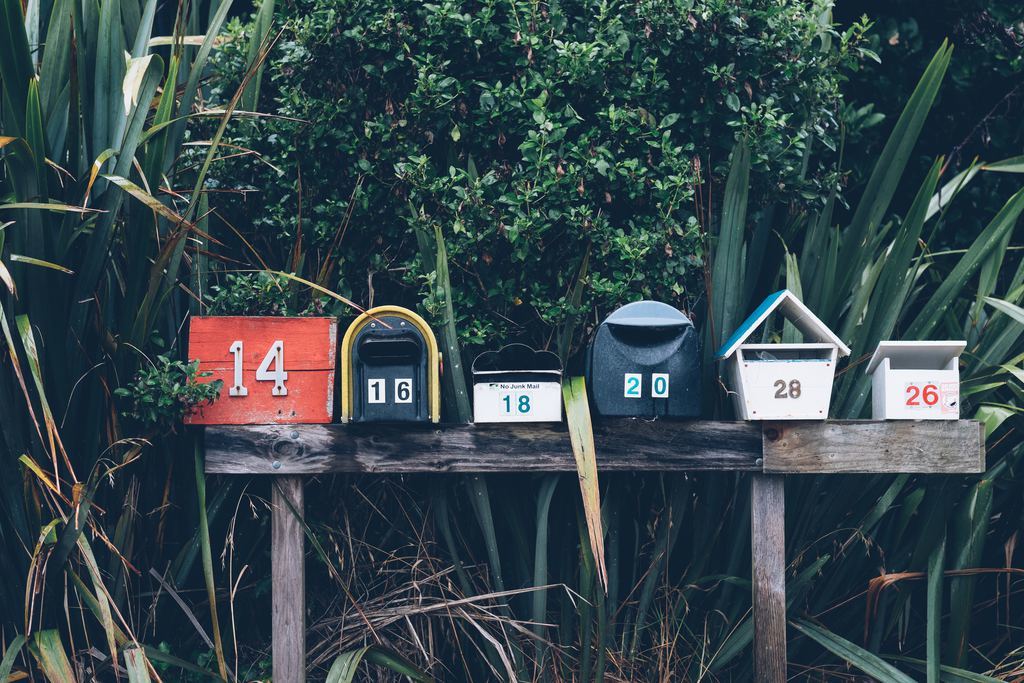The importance of owning your domain names
One of the first things to do when starting a web project is to pick a domain name. If you have another party building and hosting it, they may offer to purchase the domain for you. This may seem like a good offer, especially if you’re not sure how domains work, but this can lead to trouble in the future.
We wholeheartedly recommend you buy your own domain names, even if the rest of the project is being handled by a third party. Here are some reasons why:
Domains are assets
Domains can be both bought and sold. Like other assets, their sale price can change depending on their perceived value.
Facebook originally used the domain thefacebook.com, likely costing the founder Mark Zuckerberg just tens of dollars.
Demand for domains related to the word ‘Facebook’ went up as the company became popular - so much so that
by August 2005, Facebook forked out $200,000 for facebook.com, and a staggering $8.5 million to buy fb.com in November 2010.
That’s far from the most expensive domain ever sold however. You can read about more eye-watering domain prices in this Wikipedia article.
Domain ‘squatters’, parties that buy domains in an attempt to sell them on to others at a higher price later, often make huge returns on their investments. They will buy hundreds or even thousands of domains at once, speculating on names that will become popular in the future.
Owning a domain name that suddenly becomes valuable is like winning the lottery, or buying cryptocurrency before the prices rocketed. You may decide that your domain name isn’t that important after all, and decide to sell it on for a healthy profit.
However, if you delegate ownership to a third party, you won’t be able to do this. They may demand a percentage of the profits, or even sell it without your permission!
Control of your website
Of course, you are likely buying domain names to use for websites, not to buy and sell like a commodity.
The function of a domain name is to broadcast to other computers how to reach a particular website.
A protocol called DNS is used to translate a human-readable name like example.com to an IP address such as 93.184.216.34 which computers can understand.
Each domain has Nameserver (NS) records, which are used to indicate to DNS resolvers where the relevant DNS information lives. Only domain owners can update these records.
You may decide to change the server your website is hosted on in the future, for example if the supplier goes bankrupt or you fall out with your website designer. Changing the location of your website often requires an update to the nameserver records. Without ownership of the domain name, you are at the mercy of the third party if you ever need to do this.
For this reason, you should be extremely wary of ‘all-in-one’ providers that will register your domain name for you, provide hosting, and not let you change nameservers away from them. Avoid these providers at all costs.
How to buy a domain
Even the most technology challenged among us are able to buy their own domain names.
Find an ICANN-accredited domain registrar you like the look of, such as Name.com, Namecheap, or 1and1, and create an account.
From there you can search for a domain you’d like to buy. If it’s available, you’ll be able to reserve and buy it immediately. Most brand new domains are inexpensive to register, but this can change depending on the top level domain, e.g. .com, .biz, .uk, etc. For example, most new .com domains cost around £10 for a year.
When you buy a domain, you are marked as the designated owner for a set amount of time. All domain contracts have an expiry date, after which you will no longer be the legal owner.
When the expiry date is approaching, each registrar will let you renew your ownership, extending the expiry date into the future.
After an initial grace period, your domain will become available to purchase again when it has expired! Make sure to never let your domain expire to avoid it getting bought and held to ransom by squatters.
Registration details
The other requirement as a domain owner is to keep up to date contact information. All domains are entered into the WHOIS database, which can be used by others to contact the owner.
Your registrar should remind you every year to keep your contact details up to date, which can be managed through their control panels.
If you are reluctant to give your contact information to a public database, you can opt for WHOIS privacy protection, where your registrar or another body becomes the designated contact, hiding your personal details from the WHOIS records. This service costs a small amount per year, usually around £4.
Conclusion
In summary, always buy your domain names, and be suspicious of those who offer to buy them for you!
 Photo by
Photo by 
